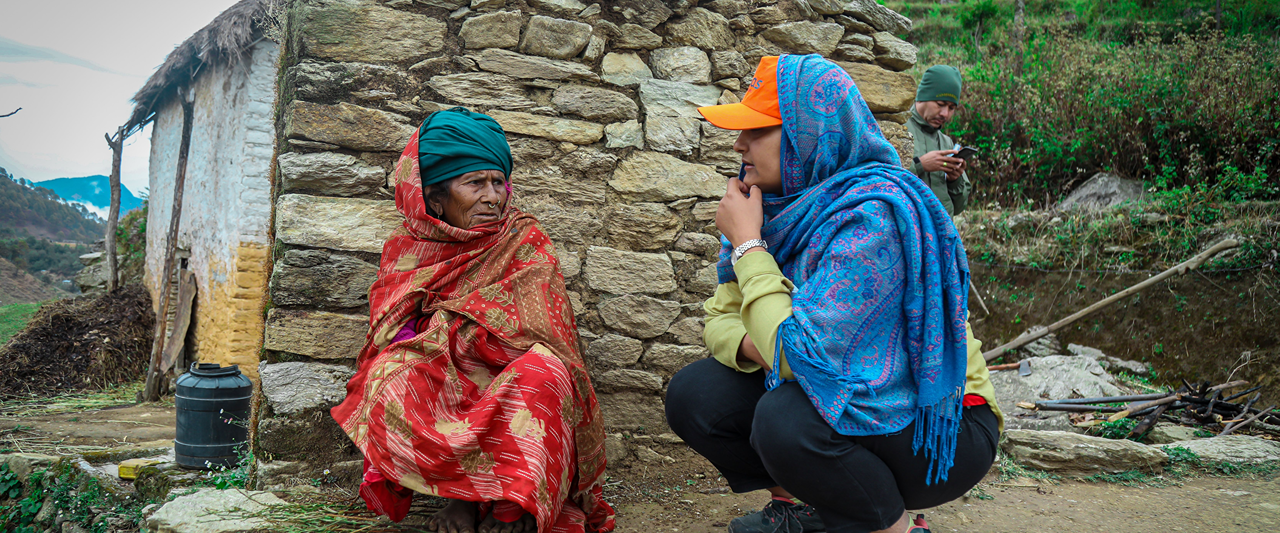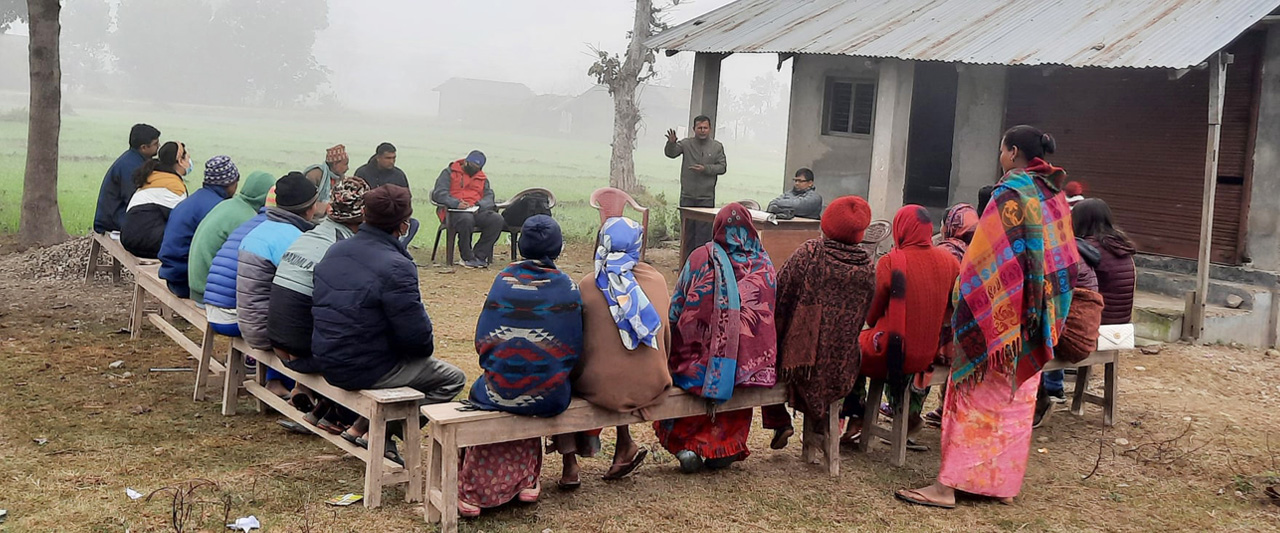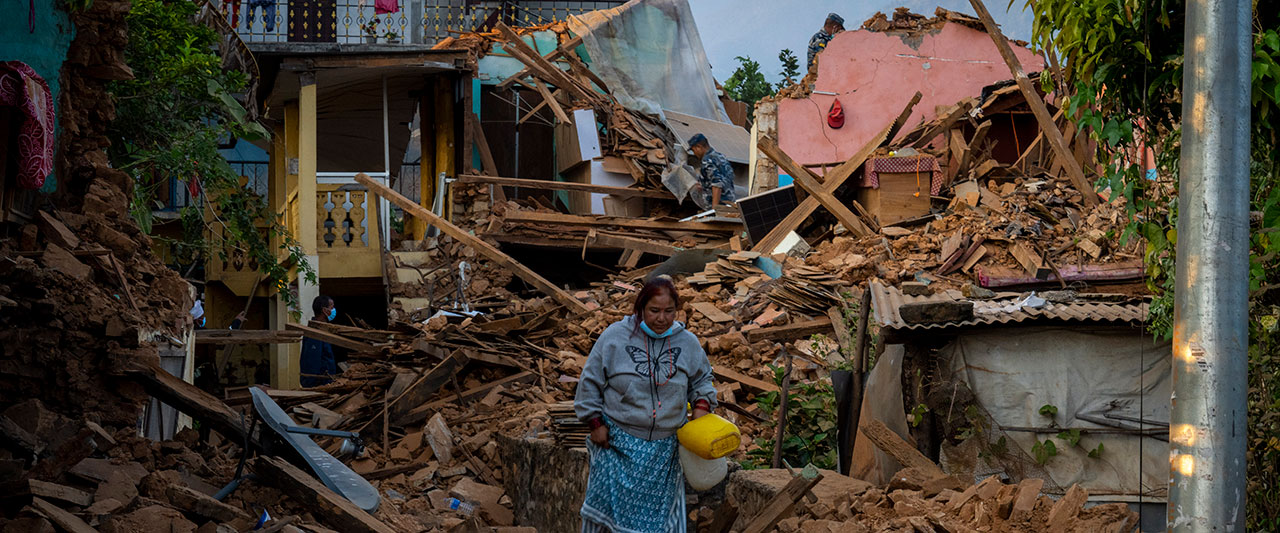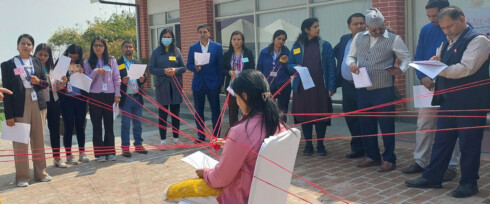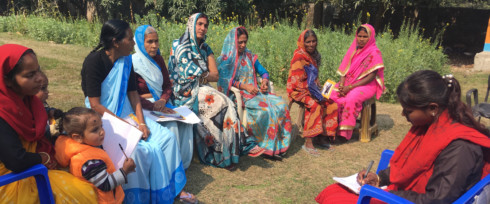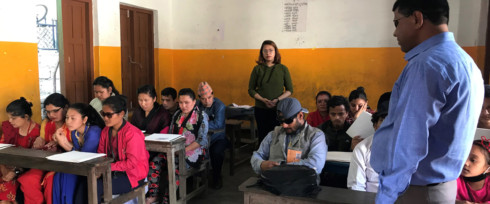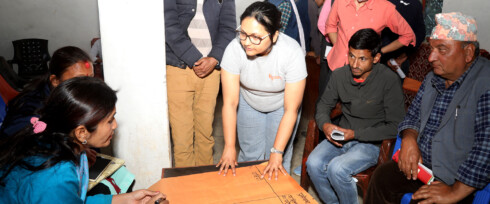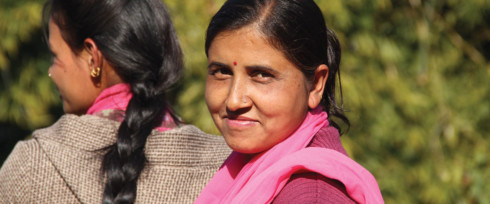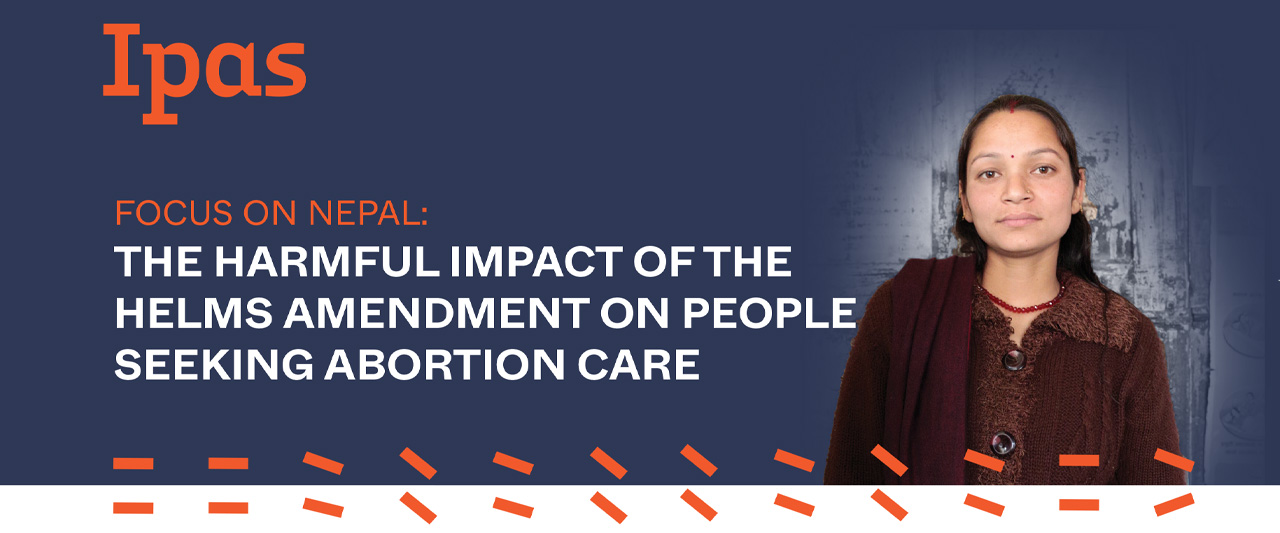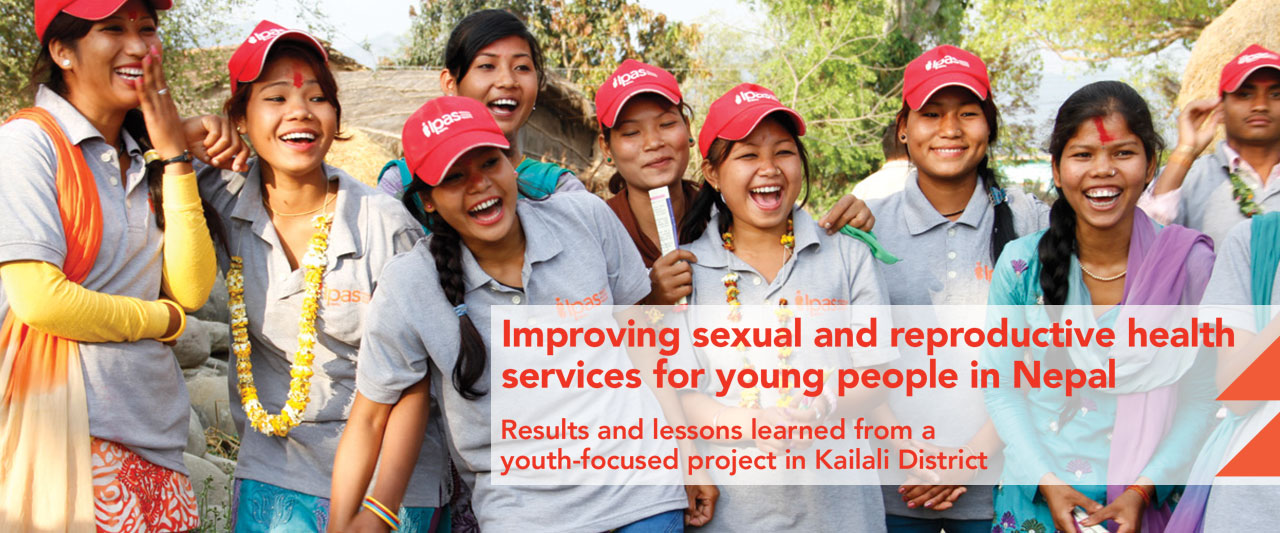Women and girls in Nepal today have the right to access safe, legal abortion free of charge at public health facilities. But prior to 2002, when abortion was illegal, the situation was much different: Women were imprisoned, half of all hospital admissions were due to complications from clandestine abortions, and hundreds of women died each year. Ipas worked with the government and a wide array of partners to make abortion safe and accessible across Nepal, and years later both women and health professionals say the impact has been profound. Safe abortion services are available across the country and the number of women who are dying due to unsafe abortion complications has been cut in half.
Ipas Nepal continues to work closely with the Ministry of Health and Population to improve the quality of safe abortion services and women’s ability to access them. Programs include training abortion providers, supporting health centers’ efforts to improve quality of care, training young people to be peer educators in sexual and reproductive health and rights, and helping train and support female community health volunteers who reach women in their communities with pregnancy tests and referrals for safe abortion.
Impact in 2023
people received abortion at Ipas-supported facilities
people received contraceptive services at Ipas-supported facilities
abortion access points supported
5 ways Ipas is helping build climate-resilient health systems in Nepal
Reaching women in remote areas
Safe, legal abortion is available in Nepal, but out of reach for many women in remote areas. We’re working to change that.
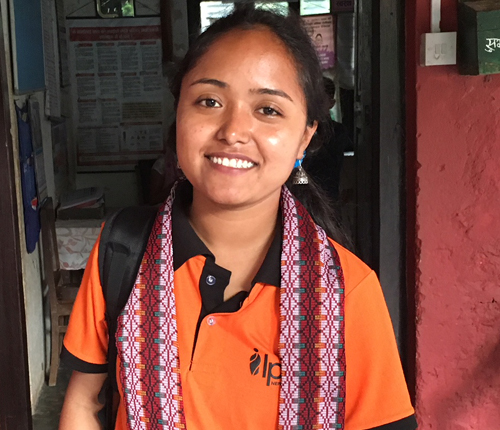
‘I work with women and girls to give them truly enlightening information about basic reproductive health—information that is usually not even spoken about in our communities.’
Radhika Nayaju, Ipas Nepal district coordinator


